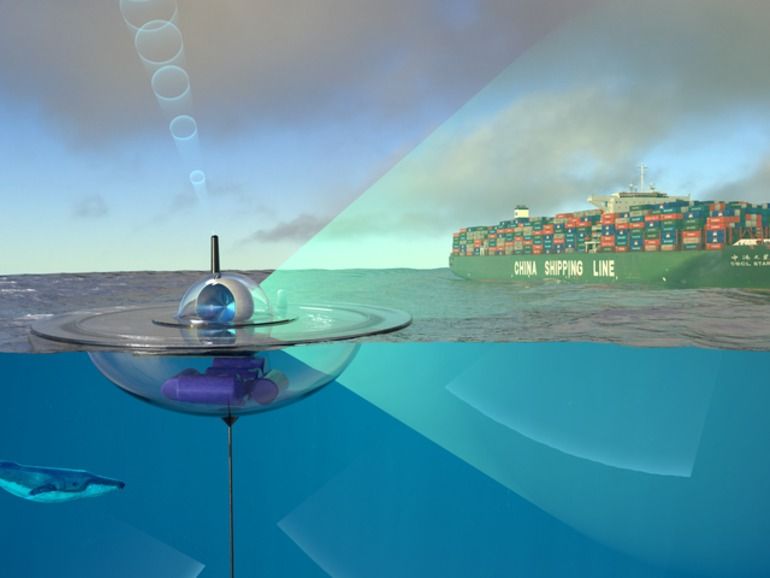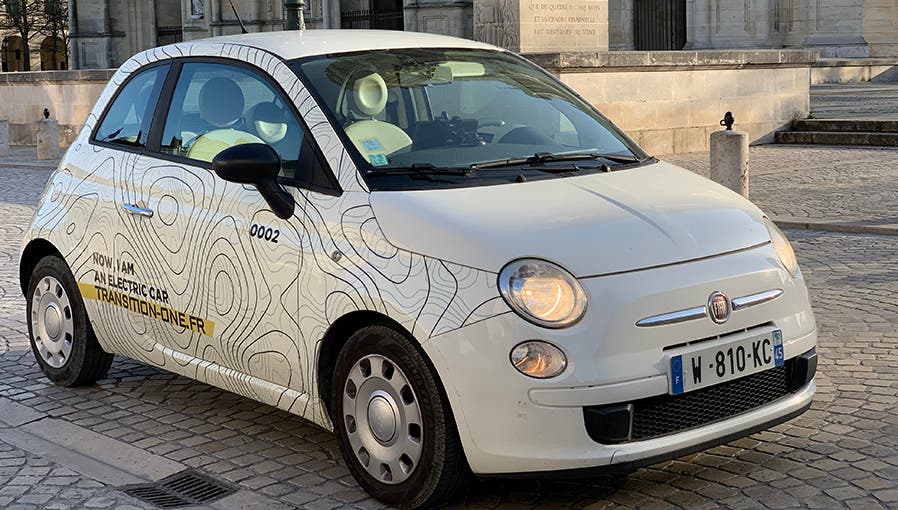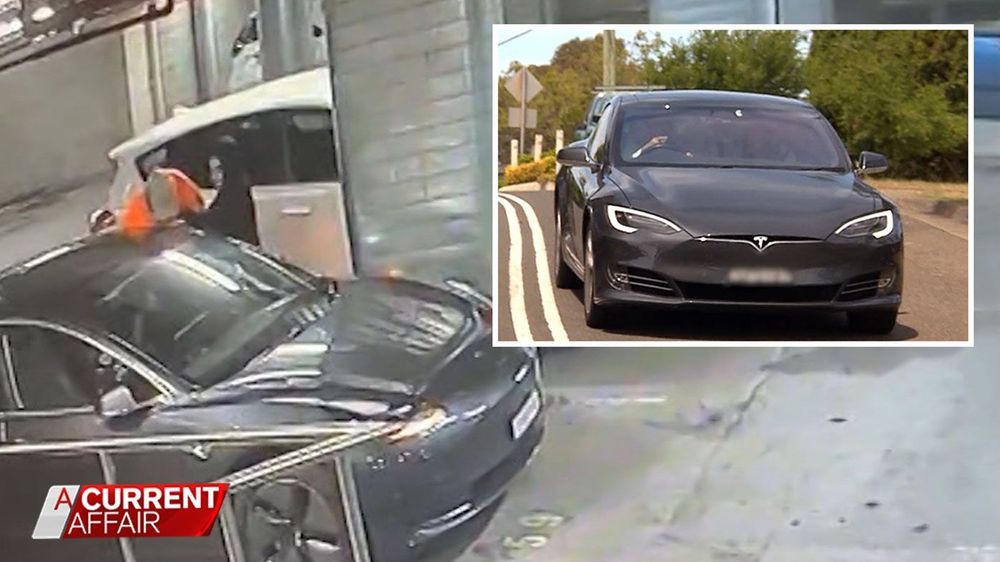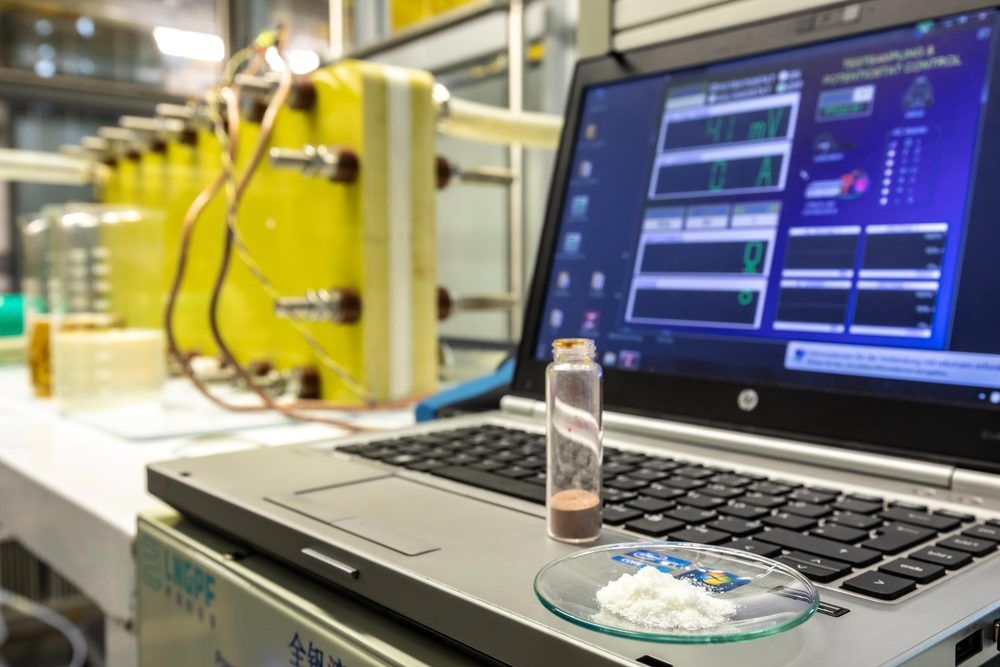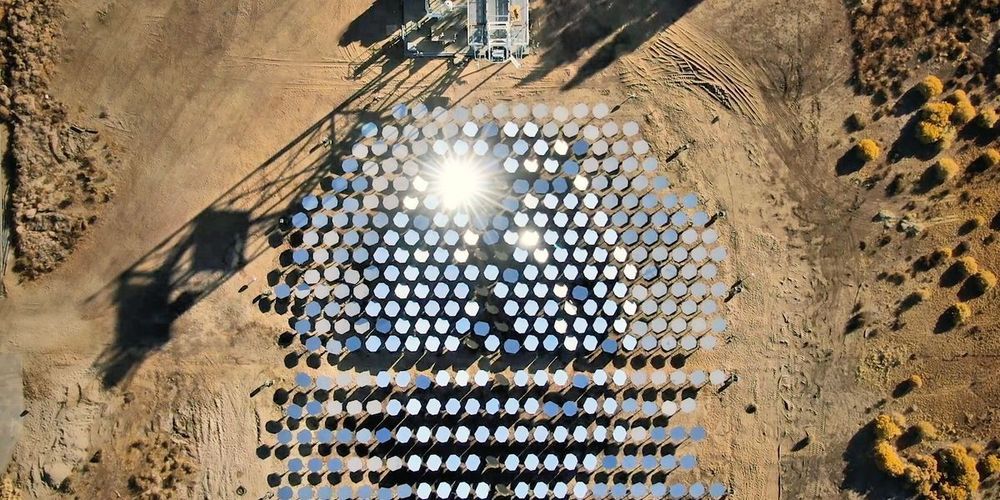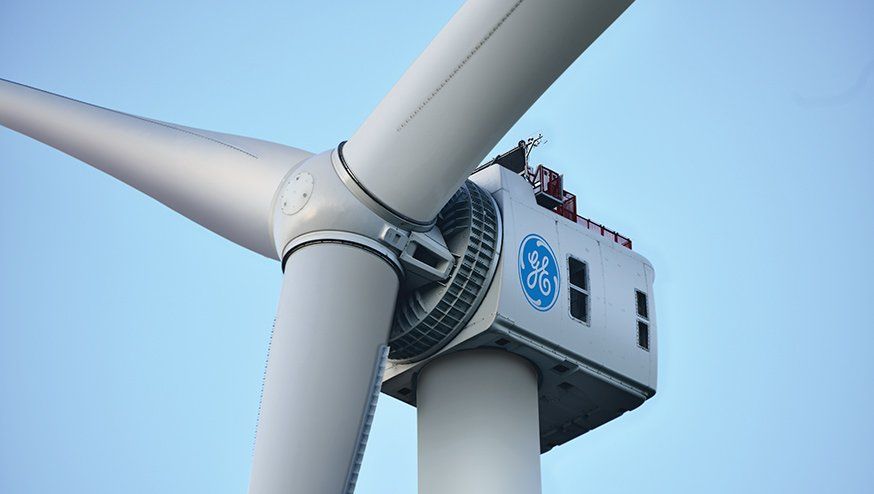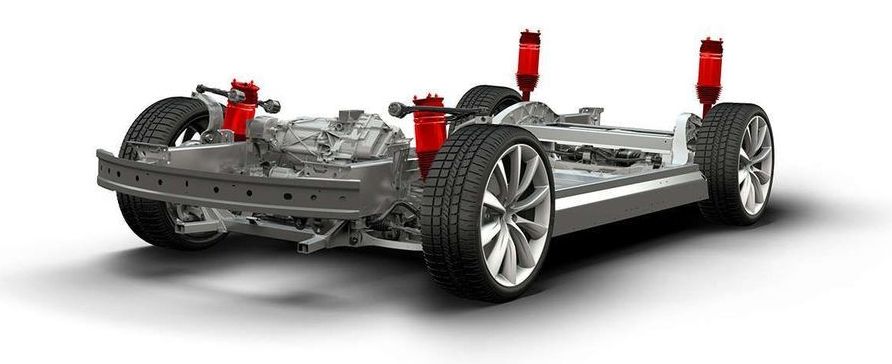Well, at least they’re having fun with it.
Most sun oriented homesteads adjust their sunlight based exhibits in lines and segments to shape a matrix.
Another sun based force plant in Datong, China, be that as it may, chose to have some good times with its structure. China Dealers New Vitality Gathering, one of the nation’s biggest clean vitality administrators, fabricated a 248-section of land sun powered ranch looking like a mammoth panda.

